How Nutrition and Eating Well Affects Cancer Treatment and Recovery
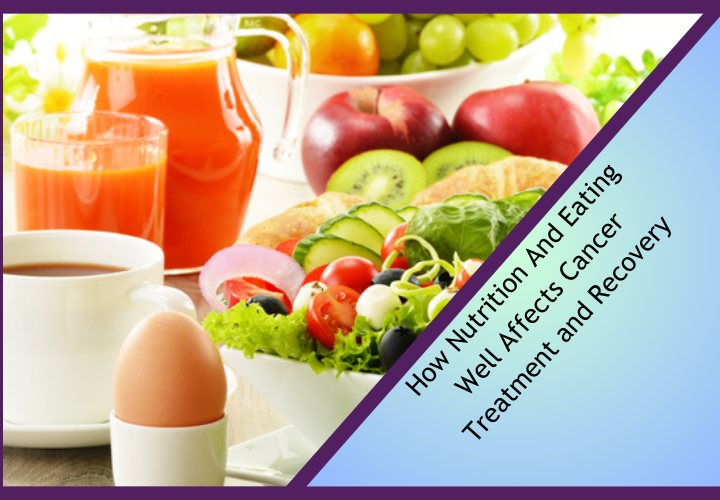
How Nutrition and Eating Well Affects Cancer Treatment and Recovery
- onco
- October 13, 2023
Millions of people around the world are affected by cancer, making it a powerful foe. While improvements in medical treatments have increased survival rates, did you know that eating a proper and healthy diet can also aid in treatment and recovery? Diet is a sometimes underappreciated ally in the fight against cancer. In spare of helping prevent cancer, what we eat also significantly impacts how well our body responds to treatment and heals. So, we can say that our cancer recovery also depends on our diet. We will discuss the tremendous impact of nutrition on cancer treatment and recovery in this blog.
How eating a balanced diet gives strength:
The foundation of good health is a balanced diet, which is even more critical when battling cancer. The body receives the tools it needs from nutrient-rich diets to regenerate and repair damaged cells. Here are some essential factors to consider:
- Strengthens Immune System: Cancer treatments like chemotherapy and radiation can compromise immunity. A diet full of fresh produce, healthy grains, and fibre can strengthen your body’s defenses. Vitamin C and E, two essential vitamins and antioxidants that support the immune system, are included in these foods.
- Upholding a healthy weight: It’s crucial to maintain a healthy weight when receiving cancer therapy. Losing weight can speed your recovery and make treatment adverse effects worse. Unwanted weight loss can be avoided with a balanced diet and regular exercise.
- Increasing Vitality and Energy: Fatigue is a common side effect of cancer therapies. Eating well can give you a consistent supply of energy, enabling you to better manage the weariness that occasionally comes with cancer treatment.
Function of Protein:
Because proteins are the basis of all life, it is impossible to emphasize the importance of proteins in the fight against cancer. They help the immune system, promote cell development and repair, and give out energy. Every cancer patient’s diet should include lean protein sources, including chicken, fish, and legumes.
In addition, a disease known as cachexia affects a lot of cancer patients and results in muscle loss. By preventing or reducing muscle atrophy, adequate protein intake can improve general strength and quality of life.
Hydration and Cancer Treatment:
In order to effectively manage some side effects of cancer therapy, such as nausea and diarrhea, it’s imperative to maintain appropriate hydration. Drinking water frequently throughout the day and including foods that are high in water content in your diet, such as cucumber and watermelon, will significantly improve your health.
Adapting to Dietary Changes:
- Changing Your Diet:
Cancer therapy might cause changes in your taste and appetite. It is common for patients to notice that certain foods no longer taste good or are no longer appealing. It’s critical to modify your diet in these circumstances:
- Experiment with Different Foods: Try different foods and flavors to see what you can manage and enjoy. Sometimes, changing your palette might lead to unforeseen discoveries.
- Smaller, More Frequent Meals: Smaller, more frequent meals help lessen motion sickness and generally boost nutrient intake.
- Supplements as Necessary: To make sure you’re getting the essential nutrients your body needs, your medical staff may occasionally prescribe taking supplements.
Read More Blog: How your Dietary Habit Influence Cancer Disease
- Supportive Foods for Recovery:
A number of foods have come to be recognized for their possible advantages in cancer treatment and recovery, including:
- Curcumin, a substance in turmeric with anti-inflammatory qualities, may help lessen treatment adverse effects.
- Ginger, which is well-known for its anti-nausea effects, might be a useful addition to your diet, especially if you’re suffering nausea connected to your therapy.
- Green tea, which is high in antioxidants, can help to protect healthy cells and may even improve the efficacy of cancer treatments.
- Cruciferous vegetables include Brussels sprouts, cauliflower, and broccoli, these vegetables may contain anti-cancer substances.
Read More Blog: What to Know About 3 Common Misconceptions around Food and Cancer Risk?
To effectively treat and recover from cancer, nutrition is essential. A balanced diet can boost your immune system, which can help you keep your weight in check and provide you with much-needed energy. Your diet must have protein, fluids, and flexibility. Also, remember the strength of foods that can help with recovery and ease side effects. To create an individualized nutrition plan tailored to your unique requirements, close collaboration between your medical team and a certified dietitian is essential. Together, you can harness the healing power of food, making nutrition a powerful ally in the battle against cancer. Remember that what you eat matters and can significantly impact your ability to tackle this difficult obstacle successfully. If you want to learn more about how nutrition and eating habits affect cancer treatment and recovery. In that case, you can consult Oncoplus, the best cancer specialist in Delhi, India and learn the techniques to cure the type of cancer. Oncoplus is a chain of dedicated cancer care centers that provide top-notch cancer treatment using state-of-the-art technology. We understand the pain of patients battling cancer, so our dedicated team and compassionate staff strive every day to make the experience as comfortable as possible for our patients.
Recent Posts
-
Managing Pregnancy with Chronic Lymphocytic Leukemia
April 30, 2024
-
Signs of Stomach Cancer: Diagnosis and Treatment
April 18, 2024
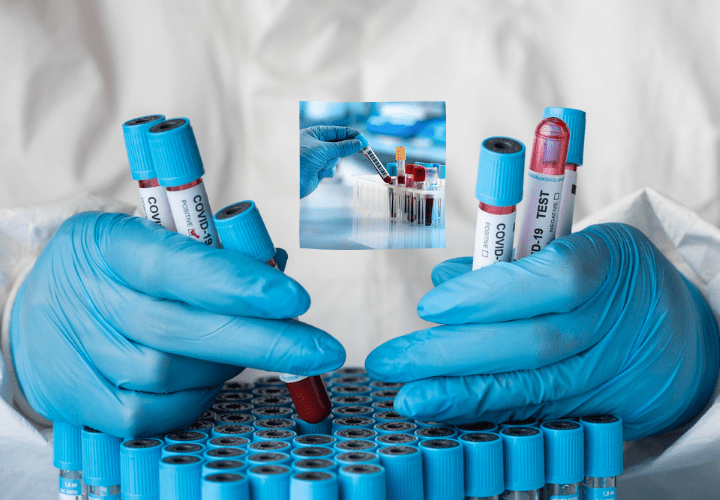
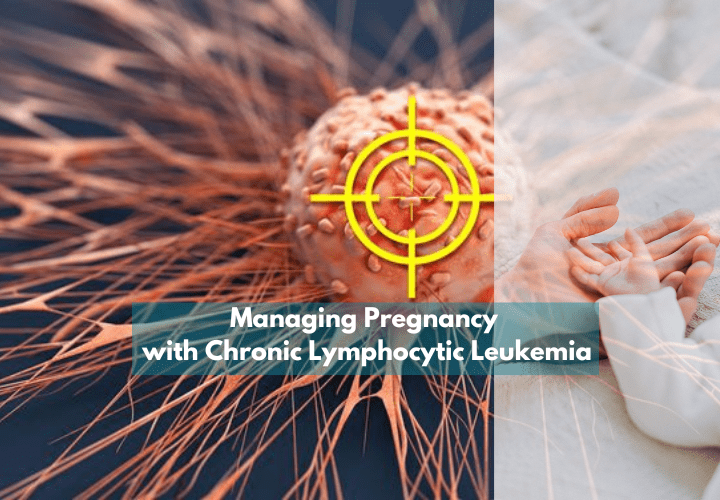
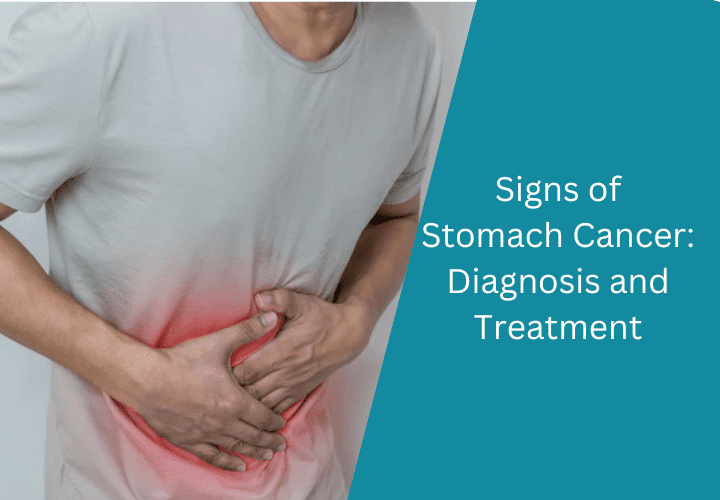
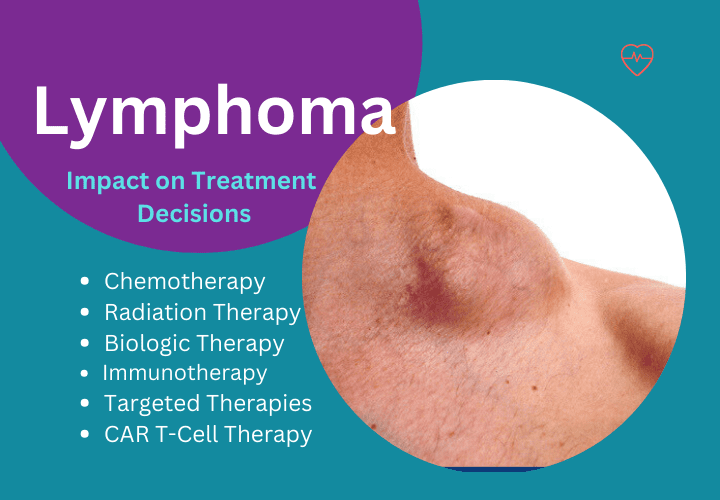
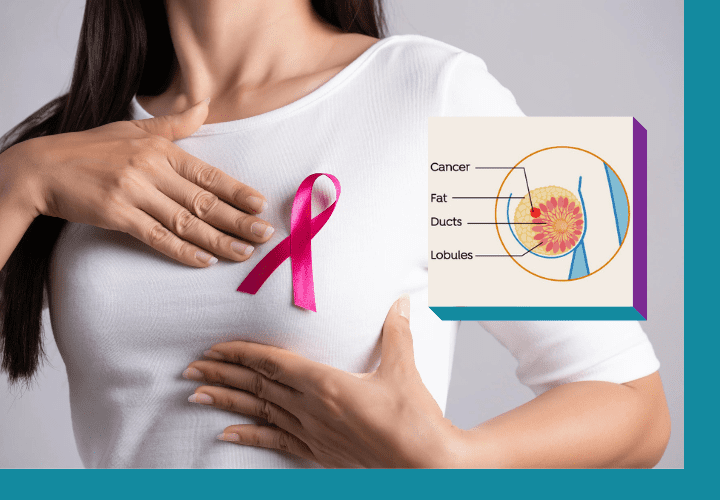
Leave a Reply